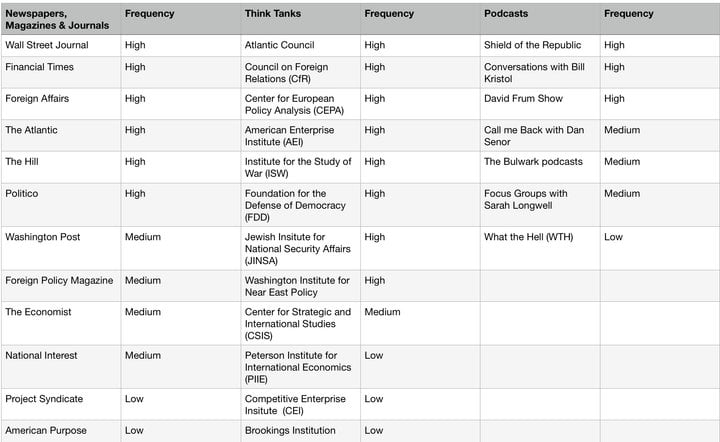@
SomeMichGuy 1) The Centers for Medicare and Medicaid Services (CMS) just produced an analysis showing 4 to 5 million people improperly enrolled in the Obamacare premium subsidy exchanges in 2024—specifically enrollees who claimed an income that was not accurate to qualify for a fully subsidized plan.
In addition, there are at least 5 million more people enrolled in Obamacare’s Medicaid expansion who are also not eligible for the program.
https://www.federalregister.gov/documents/2025/03/19/2025-04083/patient-protection-and-affordable-care-act-marketplace-integrity-and-affordability
https://paragoninstitute.org/medicaid/ineligible-enrollment-in-the-acas-medicaid-expansion-evidence-costs-and-remedies/
Meanwhile, the improper payment rate in Medicaid exceeded 25% in years when CMS conducted full-eligibility reviews.
https://paragoninstitute.org/medicaid/medicaids-true-improper-payments-likely-double-those-reported-by-cms/
2) The budget deficit is being increased because taxes on everyone i.e lower income, middle income and high income groups are lowered across the board. And I‘m not comfortable with deficit financed tax cuts, no.
3) Well I was baptized as a kid, I‘m nominally a member of a Church but I‘m not a practicing Christian, closer to an atheist.










